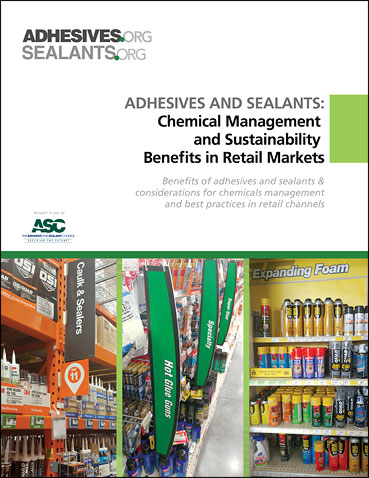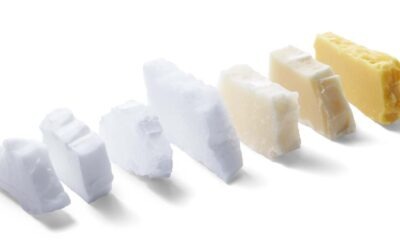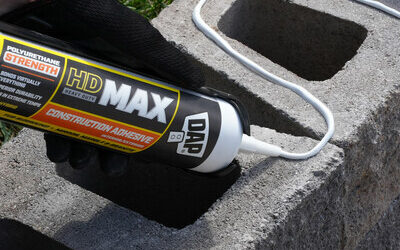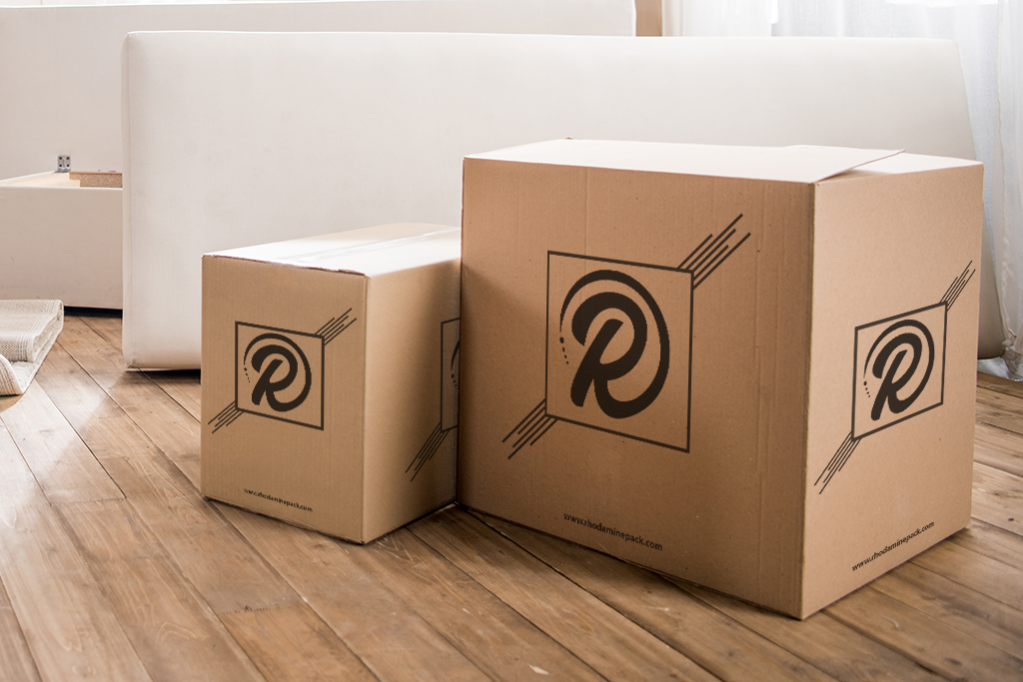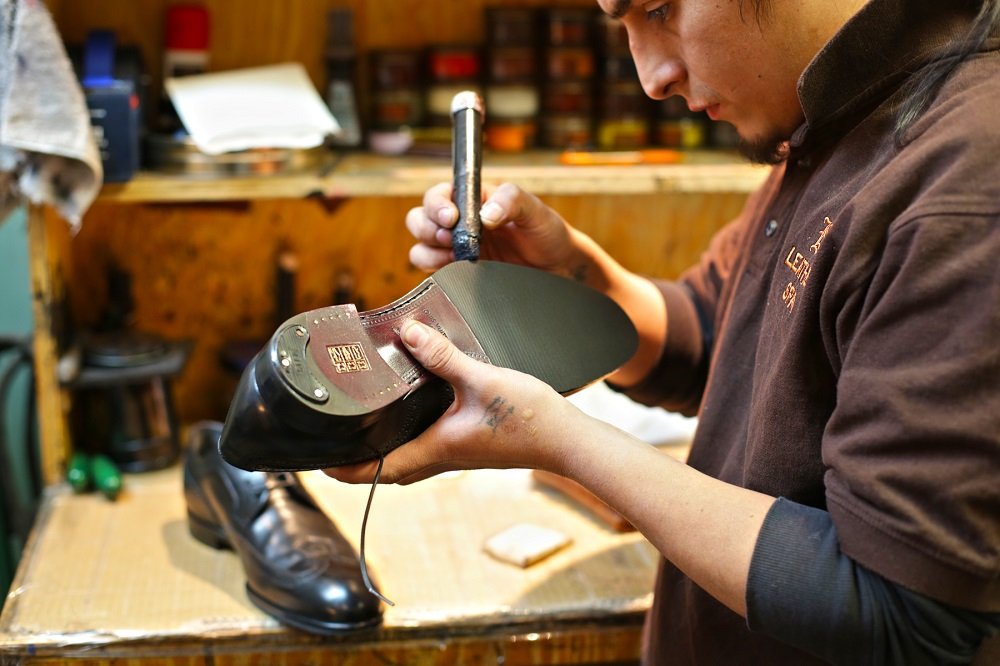Consumer & Do It Yourself (DIY) Market
Explore the basics of this market plus articles, videos, webinars, selection guides, white papers, manufacturers and more…
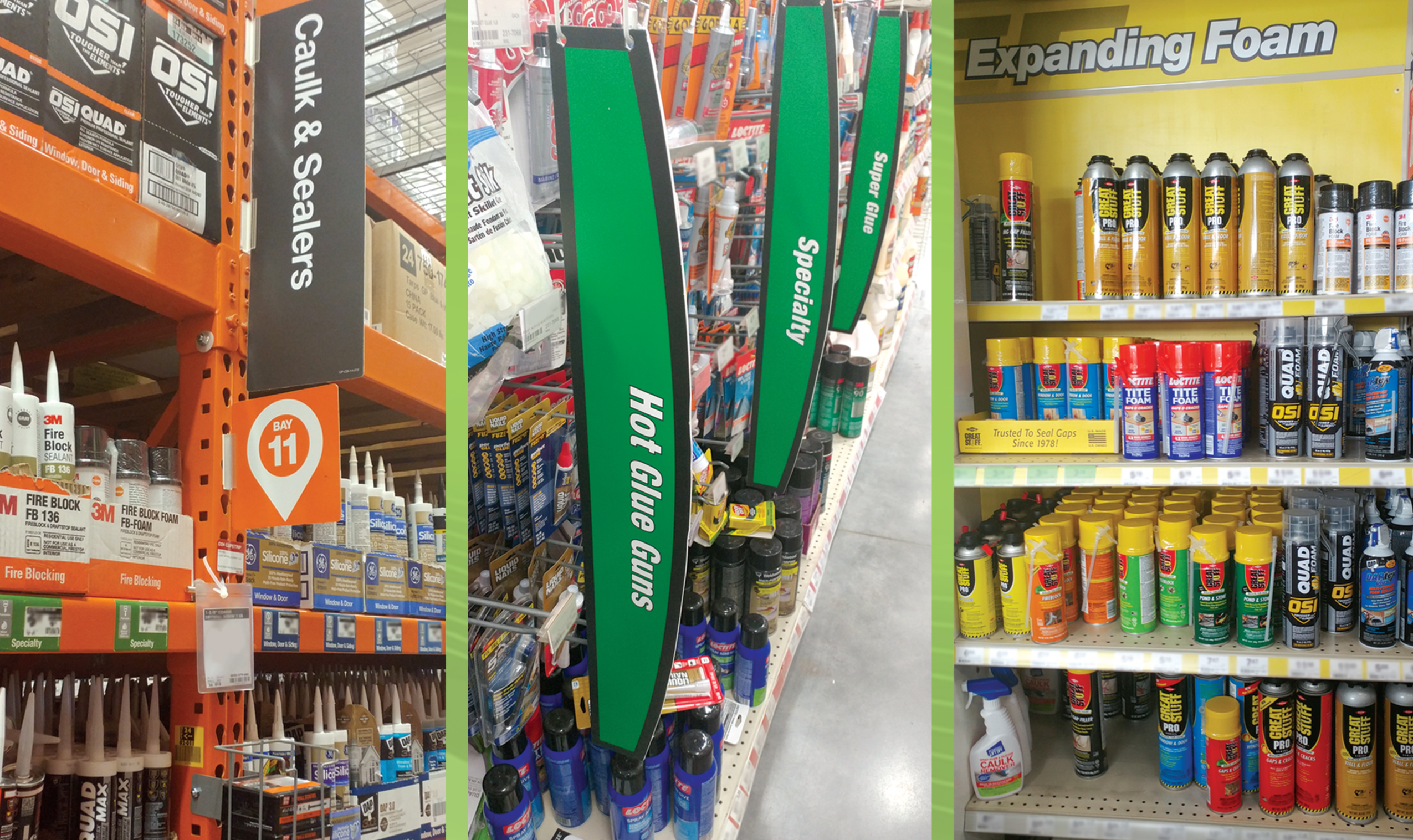
How adhesives are used in the DIY market...
One of the most important things to know about the Consumer/Do-It-Yourself (DIY) market is that there is NO one adhesive that can do it all. Despite what the advertiser may say, one must be a careful consumer to select the right adhesive for the job. Several categories of adhesives exist in the marketplace today, including Multi-purpose, Instant Glue, Wood Glue and One and Two-Part Adhesives.
The Consumer/DIY market includes applications such as:
- Home Remodeling & Maintenance
- Decorative Films
- Do-It-Yourself Projects
- Model & Hobby Supplies
- School & Stationery Products

The Many Uses of Consumer Adhesives
There are over 30,000 types of adhesive and this incredible diversity of adhesives is matched only by the variety of ways they are used, which is sometimes very strange indeed.
The uses people come up with are as original as they are effective when it comes to adapting adhesive tape to their own needs. Cat and dog owners, who fight a daily battle to remove the hairs of their four-legged friends from pullovers, trousers and sofas, have come to love all types of strong, wide adhesive tape, which are ten times more effective than any regular clothes-brush. Hair, crumbs, fluff and dust are grabbed by the sticky side.
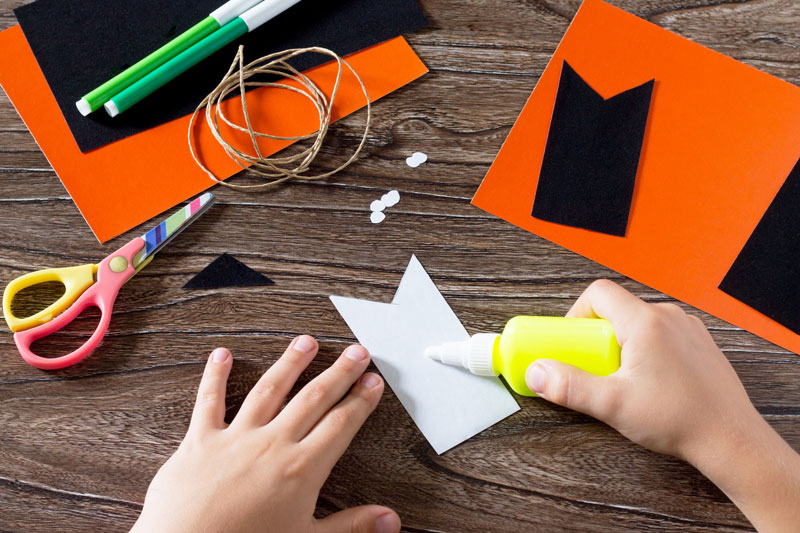
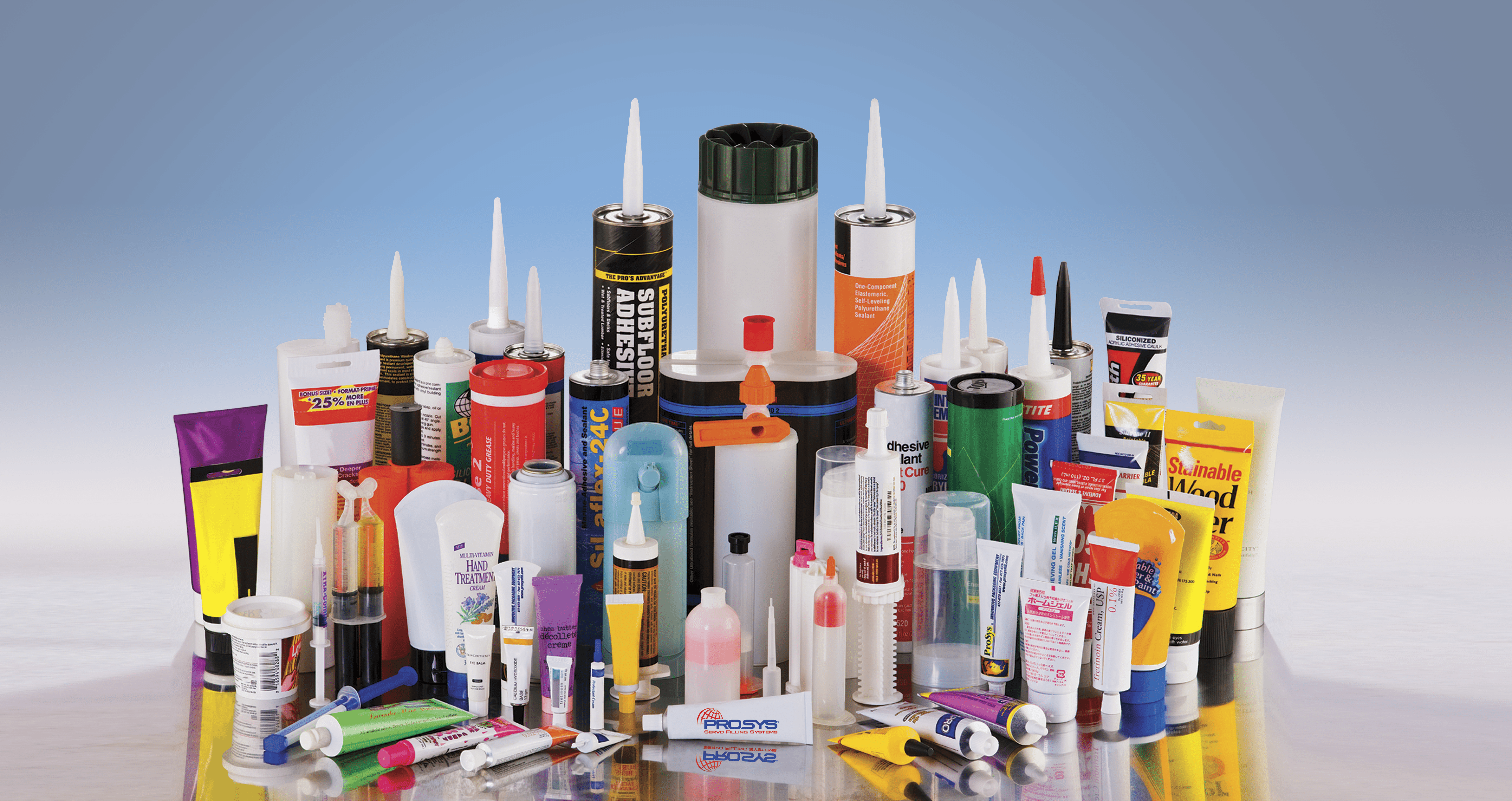
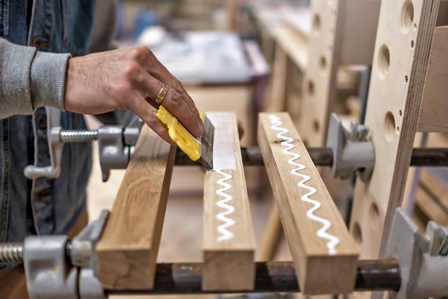
The Many Types of Consumer Adhesives
There are four main types of consumer glues:
Multipurpose: Typically used in bonding ceramics, plastics, wood and some metals. Polyurethane products are quite effective in filling gaps, is water-resistant and dries within 24 hours. Note that polyurethane does expand when curing and typically requires clamping to achieve a superior bond. In addition, it can result in skin sensitivity and breathing problems for those with respiratory ailments. An alternative product is contact cement, which may dry in as little as 16 hours. Solvent cleaning of the surface may be required prior to application to ensure a strong bond. Also be advised that contact cements should not be used near flames or an open fire.
Instant/Super: Used primarily on plastic, wood, and ceramics. In the case of superglues, less is more. Apply a small quantity to achieve optimal bond. Products bonded with superglues are quite strong and difficult to break. Superglues are not good for filling gaps and require a tight, close fit to work most effectively. Note that superglues can bond skin within minutes (so exercise caution when applying; common nail polish remover is useful to help break the bond) and give off strong odors (use in a well ventilated area).
Wood: By their name, wood glues are effective for bonding wood products. They also exhibit gap-filling property. Safe to use, they are easy to clean up and typically wash up with water (note: some wood glues are not water resistent — many are not recommended if the product you are bonding will be exposed to the outdoor elements). Wood glues normally take 24 to 72 hours to dry completely. Clamping is recommended. Bonds are quite strong and difficult to break.
Quick-Set Two-Part Epoxy: Effective at bonding wood, ceramics and other rigid materials. They are good and filling gaps and tend to be water resistant. Application requires the mixing of two components, which come convenientaly packaged often with a mixing applicator. Drying time is 24 hours. Note that some epoxies do cause skin irritations and give off strong odors. To undo a joint bonded with a two-part epoxy one should use a hammer and chisel.
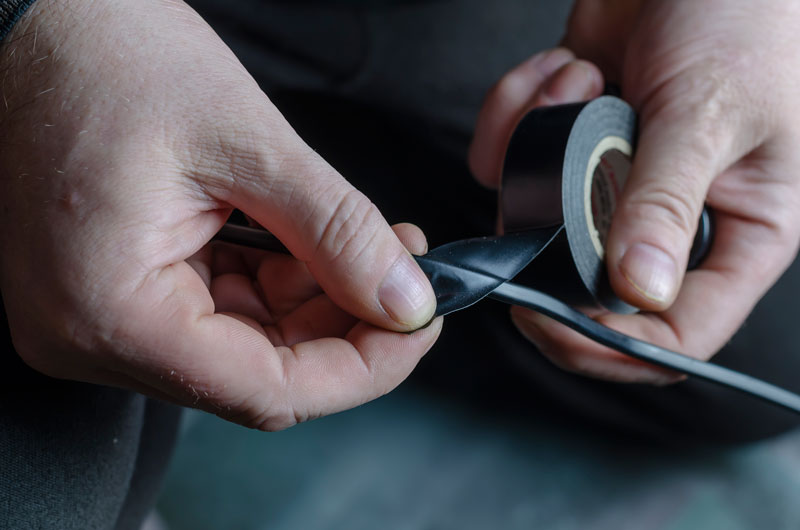
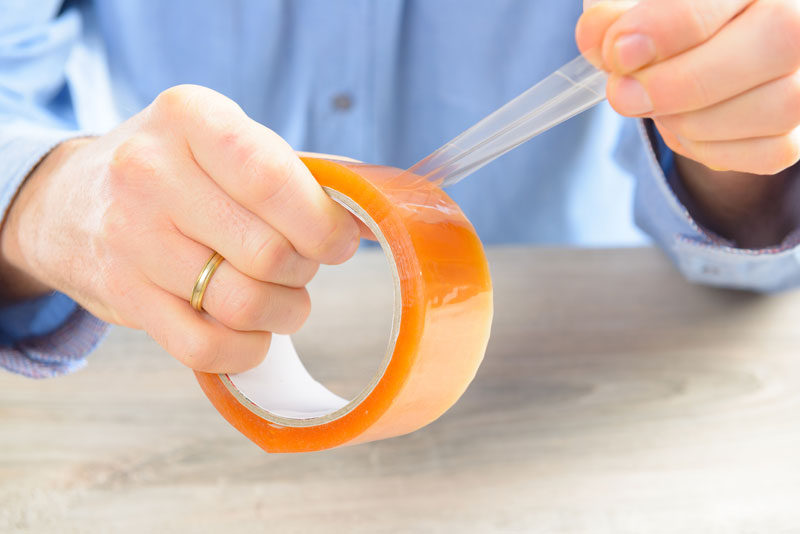
Adhesive Tapes
Pressure sensitive adhesives are the proverbial glue that holds tapes together and gives them their sticking power. These pressure-sensitive tapes (or, more simply, tapes) find their way into a myriad of applications used by the consumer, contractor and assembly-line worker alike. Applications include:
- Consumer (such as 3M Scotch brand cellophane tape)
- Electrical/Electronic (think black electrical tape)
- General Industrial
- Masking/Protective (from the omnipresent beige-colored masking tape to others)
- Packaging
- Surgical/Medical/First Aid
The uses people come up with are as original as they are effective when it comes to adapting adhesive tape to their own needs. Cat and dog owners, who fight a daily battle to remove the hairs of their four-legged friends from pullovers, trousers and sofas, have come to love all types of strong, wide adhesive tape, which are ten times more effective than any regular clothes-brush. Hair, crumbs, fluff and dust are grabbed by the stickyside.
Even photographers and the fashion industry have long since discovered the usefulness of adhesive tape. The fact that the clothes in glossy magazines, advertisements and catalogs always look as if they fit the models like a glove, is not only down to their great figures, but also to the clever use of adhesive tape. Anything sticking up or out won’t be sewn, but simply stuck down. And anyone who has worn a backless evening gown knows the true value of strong tape. Even Sophia Loren and Gina Lollobrigida Parker used tape to give themselves deep décolleté without the need for unsightly brastraps.
Photographers too make unwanted chubby rolls and wrinkles disappear just by using tape. Problem areas are simply pulled smooth and stuck down. And just by the way, even gangsters in action films are glad to have their trusty adhesive tape along. When the bad guy wants to lock his captive away in the cellar quietly, it isn’t the revolver that is his best friend; it’s the strong adhesive tape that makes sure that the captive keeps his mouth shut and draws a gasp when he rips it off again.
Adhesives and Sealants Chemical Management and Sustainability in Retail Markets GUIDE
A guide for manufacturers and raw material suppliers who supply retail channels with adhesive and sealant products. It is intended for use by those in the retail supply chain. The information encourages a science risk-based approach to chemical management while providing an overview of the sustainability benefits of caulks and sealants.
Looking to Source an Adhesive or Sealant for Your Application?
Try the Adhesive & Sealant Council's online Buyer's Marketplace.
This directory tool serves as a quick and efficient way for end users and industry manufacturers to find the right adhesive or sealant solution and the right partner for their application needs. Users can narrow their directory search by market segment, technology, raw materials, equipment or service needs. Try it now.
The Latest News & Innovations In The Consumer & DIY Market...
Expanded Capacity and CASE Applications Lab Upgrades for Adhesive and Sealant Chemicals Company
Expanded Capacity and CASE Applications Lab Upgrades for Adhesive and Sealant Chemicals Company Azelis, a service provider in the specialty...
New Refined and Semi Refined Paraffin Wax Products
New Refined and Semi Refined Paraffin Wax Products Exxon Mobil Corp. has launched a new product brand for their line of waxes called Prowaxx™. The...
Adhesive Tape College Successful in Munich, Bringing Together European Industry
Adhesive Tape College Successful in Munich, Bringing Together European Industry Adhesive tape technology is one of the key technologies of the...
New Hybrid Construction Adhesive Available in Larger Cartridge
New Hybrid Construction Adhesive Available in Larger Cartridge DAP, a manufacturer of home improvement and construction industry products, reports...
New Evidence Uncovered That Neanderthals Used Multi-component Adhesives
New Evidence Uncovered That Neanderthals Used Multi-component Adhesives Recent discovery and analysis of 40,000-year old tools reveals surprisingly...
Adhesive Tape College – An In-depth Learning Opportunity
Adhesive Tape College - An In-depth Learning Opportunity Adhesive tape technology is one of the key technologies of the future for developing...


